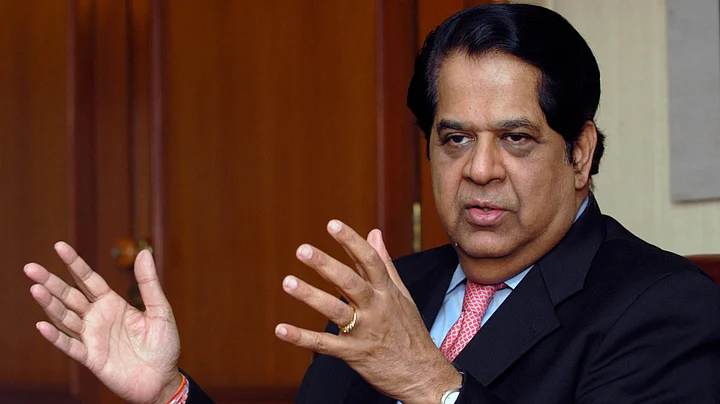On the face of it, there is very little not to cheer about the formation of the new BRICS Bank, with five vibrant emerging nations banding together to form their own bank to challenge the financial hegemony of the West, and fuel infrastructure projects with much-needed capital.
Seeded with an initial capital of $50 billion, the New Development Bank’s (NDB) mandate is “to mobilise resources for infrastructure and sustainable development projects in BRICS and other emerging economies...”
New World Order
Passions ran high when the BRICS five — Brazil, Russia, India, China and South Africa — met in Fortaleza last year. Tired of the stranglehold of Western and Japanese lending institutions, it was felt that it was high-time the monopoly of lenders like the IMF and World Bank was challenged.
These 70-year plus Bretton Woods institutions had not only lost their relevance but they helped perpetuate the dominance of the US dollar in international trade and the arrogance of US foreign policy.
A new financial institution would rectify this bias and it would be more sensitive to projects in BRICS nations — which account for 20% of the world GDP and 42% of its population.
There was talk of ushering in a New World Order and political capital was reaped by leaders like Russian President Vladimir Putin who talked about how this would end the “harassment” of countries whose foreign policy clashed with the US or its allies.
Now with KV Kamath being appointed NDB’s first chief, the Indian media has gone to town on how it marks the arrival of India as a global financial player and how this will redress a lot of the country’s infrastructural woes.
No one doubts Kamath’s financial acumen and managerial abilities, but making a success of NDB will be far from easy. The challenges will come from complex external factors and the way NDB is structured.
Bumpy Ride Ahead
For starters, is the NDB a replacement for the IMF and World Bank or will they co-exist?
The answer depends on who you speak to. The Financial Times quotes George Magnus, associate at the China Centre of Oxford University, as describing it as a “clone institution” of the IMF. The international press see it as a show of China’s ‘soft power’, something that compliments its ‘One Belt-One Road’ project.
The Chinese influence at NDB will be unmistakable because China has contributed $41 billion of the $100 billion currency reserve fund created for countries facing short-term liquidity pressures.
While on paper each country will have one vote, China is sure to wield considerable say in how things are run. In fact rumour mills say that RBI governor Raghuram Rajan turned down the position for this very reason and Kamath who is considered a ‘safe pair of hands’, bagged it.
The question is how much of a free hand will Kamath be given in running NDB?
China has further muddied waters in a strategic move that Sun Tzu would have been proud of. On October 24 last year, 21 Asian nations signed an agreement to establish AIIB which will lend money to build roads, mobile phone towers and other infrastructure across Asia. Despite hectic lobbying by the US, AIIB has been accepted by countries such as the UK, Germany, France and Italy, many of whom will join it as founding shareholders.
Room For All
China wants to sustain this rare triumph over the US and going forward is likely to roll out all stops to ensure that AIIB is a grand success, at least as far as public perception is concerned. So is there room for NDB to share the limelight?
With its meagre capitalisation, NDB will find it difficult to compete in the universe of multinational, regional and national development banks. Even when the NDB’s capital eventually rises to $100 billion, it is unlikely to be playing with the Big Boys.
The Economist says that while the World Bank doled out $52.6 billion, in 2013 BNDES of Brazil sanctioned $88 billion and its Chinese equivalent made loans worth $240 billion. In comparison, NDB’s paid in capital will be a mere $10 billion.
Lastly, getting three lively democracies to work with two authoritarian regimes is very difficult. Raising the bar further is that the CEO is from India, traditional rival of NDB’s primary backer, China.
If Kamath was looking for a challenge, he certainly has got one.
(At The Quint, we question everything. Play an active role in shaping our journalism by becoming a member today.)
